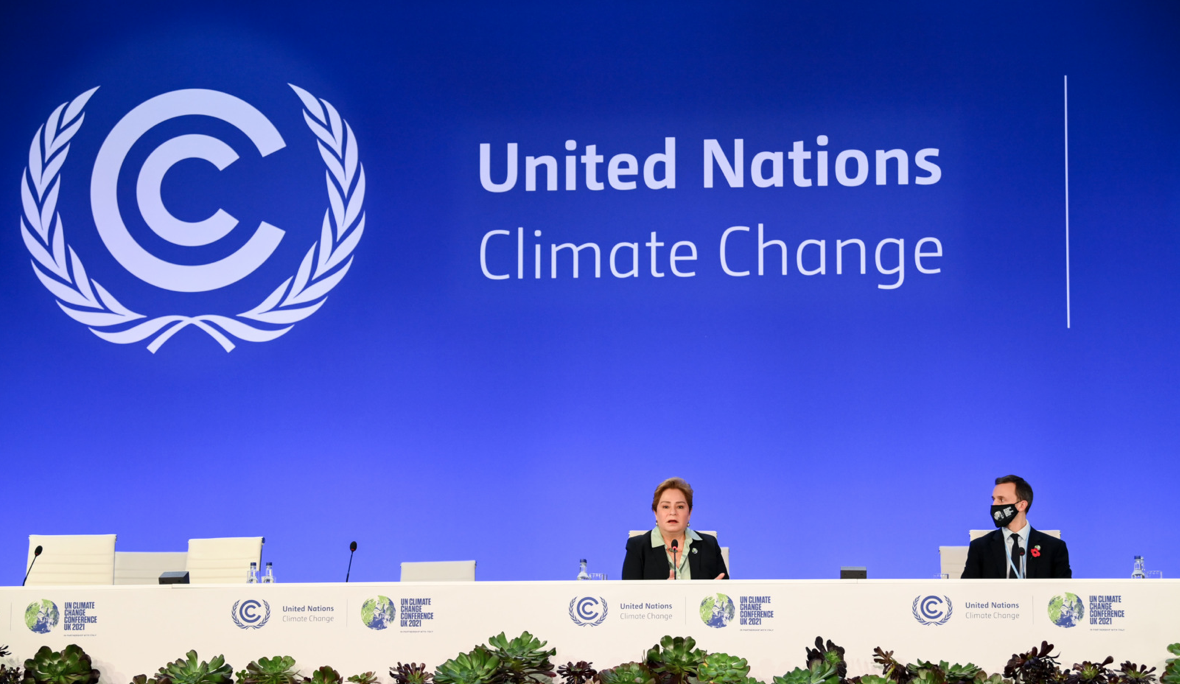The United Nations Climate Change Conference, commonly referred to as the Conference of the Parties (COP), has been instrumental in shaping global climate action since its inception in 1995. For Africa, a continent disproportionately affected by the impacts of climate change, the outcomes of these conferences are of particular significance.
Africa contributes relatively little to global greenhouse gas emissions, yet it faces some of the most severe consequences, such as extreme weather patterns, droughts, floods and desertification. Over the years, the UN Climate Conferences have attempted to help the continent fight its myriad climate troubles through several interventions.
The UN Climate Conferences have provided Africa with a global platform to voice the continent’s unique challenges in dealing with climate change. For years, African nations have used these forums to highlight how climate change is exacerbating issues such as food insecurity, water shortages, and migration. With the continent’s reliance on rain-fed agriculture and vulnerable ecosystems, these challenges have far-reaching impacts on livelihoods and economies.
By participating in the COP meetings, African leaders have managed to bring global attention to the specific vulnerabilities that affect their nations, pushing for a more tailored approach to climate action that considers the particular needs of developing countries.
For example, during COP27 in 2022, which was hosted by Egypt, Africa’s unique vulnerabilities and needs were at the forefront, emphasizing the urgency of addressing climate-related disasters on the continent.
The financial commitments made by developed nations at various COP meetings have also benefited Africa. One of the key outcomes of COP21, held in Paris in 2015, was the establishment of the Paris Agreement, which included a commitment by developed countries to mobilise $100 billion annually to help developing nations address climate change. For Africa, this meant more access to funds for both mitigation (reducing emissions) and adaptation (coping with the effects of climate change) efforts.
Several African nations have received funds through the Green Climate Fund (GCF) and other financial mechanisms established under the UN Framework Convention on Climate Change (UNFCCC). These funds have been used for projects such as reforestation, the development of renewable energy infrastructure, and the construction of flood defence systems.
Countries such as Ethiopia and Kenya have been able to invest in large-scale renewable energy projects, particularly in solar and wind power, thanks to these financial supports.
What More Can Be Done?
Despite the progress made, Africa still faces significant challenges in dealing with the impacts of climate change. First is the fulfilment of its pledges. While the $100 billion annual commitment made in the Paris Agreement was a significant milestone, many African countries have yet to receive the financial support they need to fully implement their climate action plans.
There is a growing concern that developed nations have not lived up to their financial pledges. As climate impacts intensify, the need for immediate and substantial financial assistance becomes even more critical. Moving forward, it is essential that developed nations fulfil their financial commitments to ensure that African countries can effectively adapt to and mitigate climate change.
At COP27, the issue of “loss and damage” — the costs incurred by developing nations due to the impacts of climate change — took center stage. African countries have long argued that they bear the brunt of climate disasters despite contributing the least to global emissions. The establishment of a “loss and damage” fund was a historic win for Africa, but the challenge now is ensuring that the fund is adequately resourced and accessible.
Additionally, the negotiating power of African countries has often been limited compared with larger, wealthier nations. Strengthening the African Union’s climate negotiation capacity and ensuring a more unified approach to climate advocacy could help African nations secure better outcomes in future negotiations.
Conclusion
The UN Climate Conferences have brought important benefits to Africa, particularly in raising awareness, providing financial assistance, and fostering capacity building. However, much more needs to be done to ensure that Africa can effectively face the challenges posed by climate change. By fulfilling financial commitments, operationalizing the loss and damage fund, accelerating technology transfer, and ensuring stronger representation for African nations, future COPs can continue to benefit Africa in its fight against climate change.
The United Nations Climate Change Conference, known as the Conference of the Parties (COP), has significantly influenced global climate action since 1995, with critical implications for Africa. Despite contributing minimally to global emissions, Africa suffers severe climate impacts like extreme weather, droughts, and desertification. The COP conferences have given Africa a vital global platform to highlight challenges such as food insecurity and water shortages, reinforced by the continent's reliance on rain-fed agriculture and vulnerable ecosystems. The continent has leveraged these meetings to advocate for a climate action plan that addresses its specific vulnerabilities.
One notable financial commitment from COP21 in Paris was developed countries' pledge to mobilize $100 billion annually for developing nations, aiding Africa in mitigation and adaptation efforts. Funds from entities like the Green Climate Fund have enabled African nations to undertake projects such as renewable energy development and flood defense construction. Despite these achievements, developing nations have yet to receive adequate financial support to execute their climate strategies fully, urging developed countries to fulfill their commitments.
At COP27, the establishment of a "loss and damage" fund was a significant win for Africa, yet adequate resourcing and accessibility remain challenges. Moreover, African countries often face limitations in negotiating power against larger nations. Enhanced coordination and capacity in African climate advocacy could lead to more favorable negotiation outcomes.
Overall, while the COP conferences have provided benefits like awareness-raising and financial aid to Africa, meeting commitments, operationalizing funds, technology transfer, and securing stronger African representation remain critical for future COPs to effectively aid Africa in combating climate change challenges.






